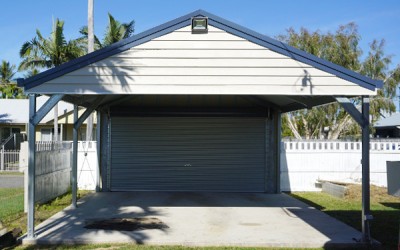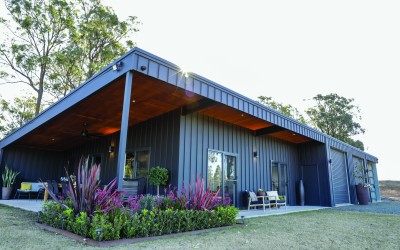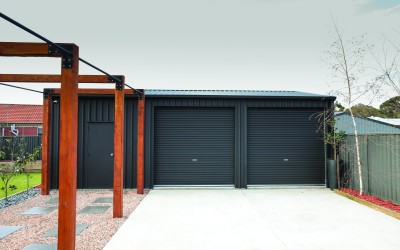
The great Aussie shed can be as unique as our DNA – a personal space used for so many different reasons.
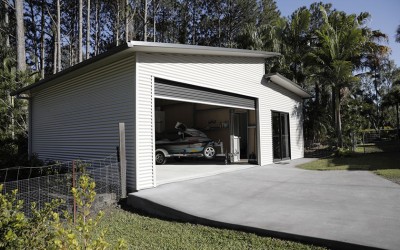
Increase the usability of your home and create a secure garage – either just for functional use, or to add an extra design feature to your home’s façade.

The Aussie barn – with its striking roofline – is the go-to for customers looking for the centre roof height of a barn, but without the drop of an American barn.
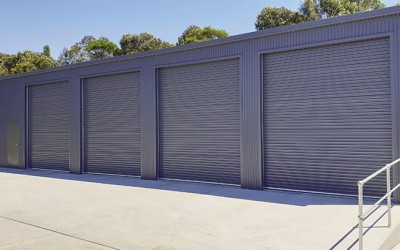
Whether you’re a self-storage facility, builder, owner, investor or buyer, we know self-storage.
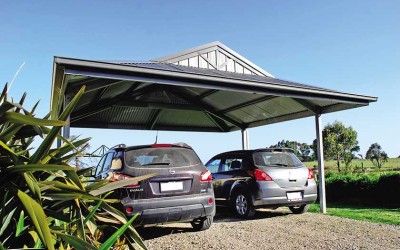
The carport is more than just a protected spot to park your car, it’s an Aussie icon.

The great entertainer – the Aussie patio. It’s not just a patio – it’s where you create memories to last a lifetime.
Hit enter to search or ESC to close
State-by-State Guide for Shed Council Approval
24 June 2025
Are you planning to build a steel shed on your property? Whether you need extra storage, a workshop, or a custom structure, the first step before getting started is understanding whether council approval is required.
The answer often depends on the size, height, location, and use of your shed — and most importantly, where in Australia you’re building.
Below, we’ve outlined general approval requirements by state to help you get started. However, rules vary between local councils, so we always recommend checking with your council directly or working with a building certifier before starting your shed project.
Disclaimer: The following is general guidance only. Local councils may apply additional requirements or have different interpretations of the state rules. When in doubt, always check with your local council.
New South Wales (NSW)
In NSW, some steel sheds may be considered exempt development, meaning council approval may not be required — but only if strict criteria are met:
- Maximum floor area:
- 20m² (lots under 300m²)
- 25m² (larger lots in most residential zones)
- 50m² (rural or R5 zones)
- Maximum height: 3 metres
- Must be built behind the front building line
Approval may still be required in bushfire zones, heritage areas, or if your shed is close to boundaries.
Learn more about shed regulations in New South Wales.
Queensland (QLD)
In QLD, building approval is often required for most steel sheds. However, your project may qualify as accepted development (no permit required) if it:
- Is under 10m² in floor area
- No taller than 2.4m
- Complies with all setback and zoning rules
- Is not located in a cyclone-prone or flood-affected area
For most steel sheds, you’ll need to engage a building certifier to assess your plans.
Learn more about shed regulations in Queensland.
Victoria (VIC)
In Victoria, you’ll generally need a building permit if your steel shed:
- Is larger than 10m²
- Is taller than 2.4 metres
- Is located near a boundary or in front of the house
- Is on land affected by heritage overlays, bushfire zones, or planning overlays
Planning permits may also apply depending on local council zoning.
Learn more about shed regulations in Victoria.
South Australia (SA)
In SA, most steel sheds require Development Approval, which includes both planning and building consent.
You will likely need approval if your shed:
- Is larger than 15m²
- Is taller than 2.5 metres
- Has a roof span greater than 3 metres
- Is within 900mm of a boundary
- Includes plumbing, electricity or insulation
- Is in a heritage or bushfire-prone zone
Some small residential sheds may be exempt, but approval is required in most cases.
Learn more about shed regulations in South Australia.
Western Australia (WA)
In WA, most steel sheds will require at least a Building Permit — and in many cases, Planning Approval as well. You’ll likely need approval if the shed:
- Is over 60m²
- Is taller than 2.4m (wall height) or 4.2m (ridge)
- Is located in a heritage area or within the front setback
- Doesn’t meet R-Code (Residential Design Code) compliance
Local councils may apply their own variations to the state guidelines.
Learn more about shed regulations in Western Australia.
Australian Capital Territory (ACT)
In the ACT, your steel shed may be exempt from approval if it meets strict criteria, including:
- Maximum height: 3 metres
- Positioned behind the building line
- Floor area based on block size:
- Up to 10m² (blocks ≤500m²)
- Up to 25–50m² (larger blocks)
- No structural spans over 4m
- No plumbing or electrical work
If these conditions aren’t met, you’ll need Development Approval and Building Approval.
Learn more about shed regulations in the ACT.
Tasmania (TAS)
In Tasmania, council approval depends on shed size and whether it’s prefabricated. You’ll generally need to:
- Notify council after completion for sheds over 18m²
- Use a licensed builder for anything over 18m² (non-prefab) or 36m² (prefab)
- Engage a building surveyor and notify council if your shed exceeds those thresholds
Additional conditions apply in bushfire-prone or landslip areas.
Learn more about shed regulations in Tasmania.
Northern Territory (NT)
In the NT, steel sheds are often subject to building approval, unless the shed meets specific exemption criteria:
- Shed must have no plumbing or electrical work
- On rural land, you may be exempt if:
- Roof area is under 12m², under 2.1m high, and 40m+ from boundaries
- Or roof area is under 30m², under 2.4m high, and 70m+ from boundaries
If your shed doesn’t qualify, you must engage either:
- An approved self-certifying manufacturer, or
- A registered NT building certifier
Learn more about shed regulations in the Northern Territory.
FAQs: Shed Council Approval
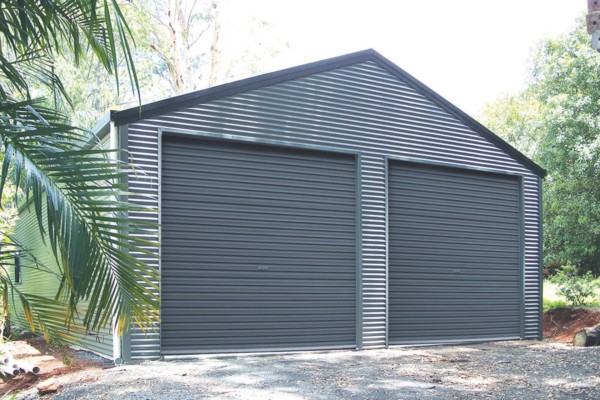
Do I always need council approval to build a steel shed?
Not always — but in most cases, especially for larger or attached structures, council approval is likely required. We recommend checking with your local council before starting any work.
Can I add plumbing or power to my shed without approval?
No. Any shed with plumbing or electrical systems will almost always require full building approval.
What happens if I build a shed without the correct approvals?
You may face fines, be required to modify or demolish the structure, and risk issues with insurance or property resale.
What class is a steel shed under the building code?
Steel sheds used for storage or non-habitable purposes fall under Class 10a of the National Construction Code.
Do rural properties have different rules?
In many states and territories, rural zoning allows for larger structures with fewer restrictions — but approval may still be required depending on overlays and shed size.
Need Help Navigating Shed Approvals?
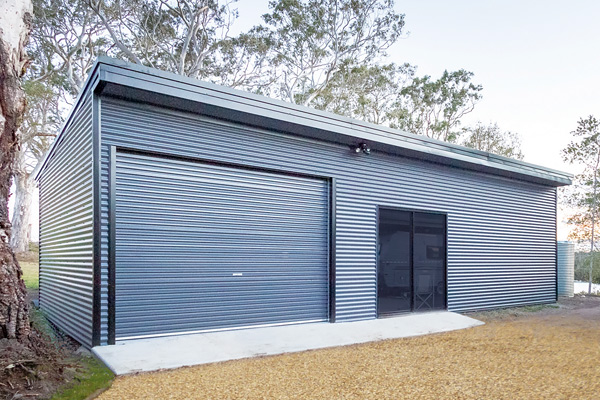
At Fair Dinkum Builds, we specialise in custom steel sheds — and we know the ins and outs of approval processes across Australia. From site plans to permits, we can help you every step of the way.
Contact your local Fair Dinkum Builds store to get started.



